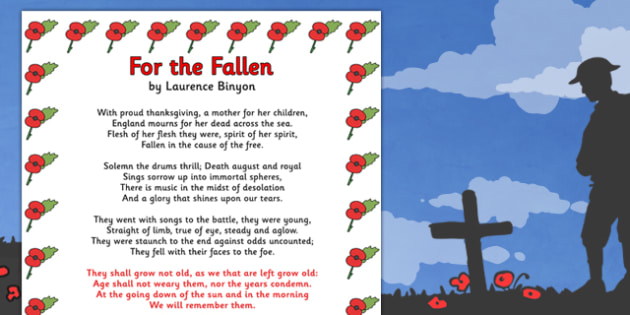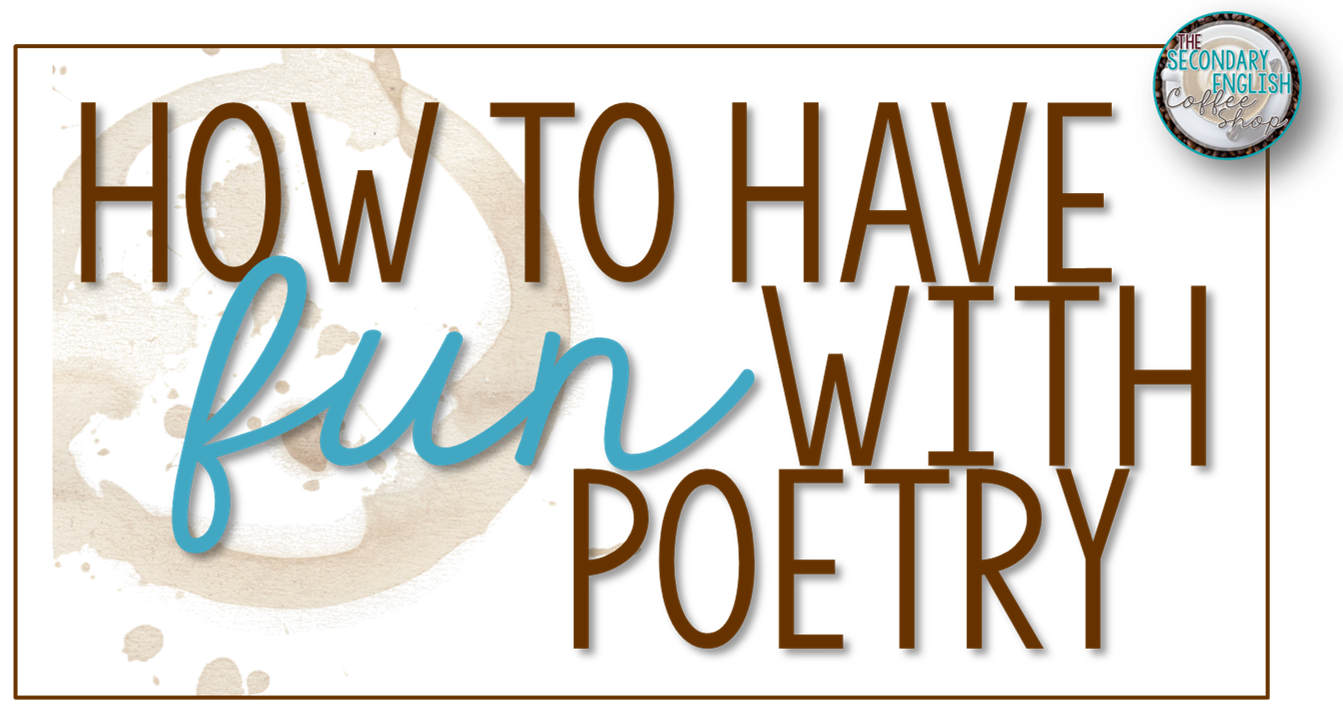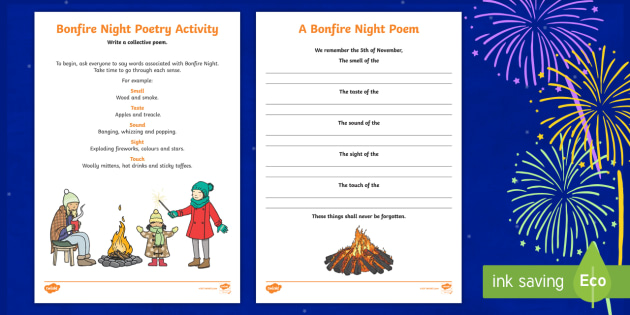- Senior Years Poetry Uniteffective Curriculum Ideas Printable
- Senior Years Poetry Uniteffective Curriculum Ideas List
- Senior Years Poetry Uniteffective Curriculum Ideas Free
- Poetry Lesson Plans & Activities / English Courses. You can test out of the first two years of college and save thousands off your degree. Anyone can earn credit-by-exam regardless of age.
- After weeks of learning poetry characteristics and several types of figurative language, students compare and contrast two poems during an end of the unit test. Plan your 60-minute lesson in English / Language Arts or Writing with helpful tips from Jennifer Martinez.
- Lee’s poem creates snapshots of memory, creating lines and ideas for every student to grab and hold on to. The Rose That Grew From Concrete by Tupac Shakur. The late artist created a clear connection between the rhythm and deeper meaning of poetry and rap. Beethoven by Shane Koyczan.
Slam Poetry is a form of performance poetry that brings life to stories, ideas and words through the use of voice (and sometimes movement too!). Slam poetry is, quite possibly, the BEST way to introduce your students to the world of poetry! Meet Solli Raphael. Solli Raphael is a 13 year old boy from the East Coast of Australia.
This post contains affiliate links.

April is National Poetry Month!
I’ve gathered up lots of free poetry printables and resources for you to use with your kids. I tried to be selective, choosing websites loaded with lessons and printables. Don’t make a chore out of reading and writing poetry – just have fun with it!!

Interactive Poetry Center Links:
Senior Years Poetry Uniteffective Curriculum Ideas Printable
<A HREF=”http://ws-na.amazon-adsystem.com/widgets/q?rt=tf_cw&ServiceVersion=20070822&MarketPlace=US&ID=V20070822%2FUS%2Farwethye-20%2F8010%2F394b9ccb-3861-4e18-93e1-4bba551c3ec7&Operation=NoScript”>Amazon.com Widgets</A>
Seasonal Poetry & Art Units:
Acrostic Poem Printables

<A HREF=”http://ws-na.amazon-adsystem.com/widgets/q?rt=tf_cw&ServiceVersion=20070822&MarketPlace=US&ID=V20070822%2FUS%2Farwethye-20%2F8010%2Fd3691a71-4968-4050-86ee-1fbe4beb97cb&Operation=NoScript”>Amazon.com Widgets</A>

Poet Websites:
Christina Rossetti Poems to Color
Teaching with Nursery Rhymes
Chapter One – The Abyss. Day 0 – The Start of the Abyss. Day 1 – Shock and Disgust. Day 2 – The Plan. Day 3 – The Move. Day 3 – The Confrontation. Day 4 – The Calendar. Day 5 – Convo 1. Day 6 – The Agreement and Pickup. Day 6 – The Boat. Day 7 – Convo 2. Day 8 – Scotty Doesn’t Know. Day 9 – Sex, Lies, and Videotape. The Abyss is a fan-fiction featuring a small vessel that appears unlike any other, untouched by void. Its journey leads it down into the Lake of Void, where it runs into the Knight, whom it begins to follow as it attempts to escape the darkness. Chapter 1: in the abyss manga. The abyss: blood kin book 1 A space marine falls in love with alien vampire. Being half-vampire gives space marine Anarion Gray powers that none of the other marines have, but they also isolate him from the rest of humanity and vampire kind, too.
Do you have a favorite children’s poet?
I would like to thank you and your team for the work you have put in over the last month on the proposal for the expansion of our building. You have put together a thorough and well-researched presentation, and I am looking forward to sharing it with the regional executives when they arrive next week. Teachers also play an important role in the classroom when it comes to the environment. Students often mimic a teacher’s actions. If the teacher prepares a warm, happy environment, students are more likely to be happy. An environment set by the teacher can be either positive or negative. Meet our team of teachers!teach to be happy.
Poetry In The New Curriculum- Ian Bland Children’s Poet and Performer
Before the new curriculum poetry it seems had played a bit part in primary literacy lessons. Perceived as the poor relation, poetry was that genre of writing that always seemed to be reluctantly taught for a couple of weeks of the year and then quietly ushered away as if it wasn’t quite important enough. Old guidelines required teachers to teach very specific aspects of it in definitive year groups leaving them without much freedom to cater for the children in their classes. In the new curriculum however, all of this has now changed and changed for the better!
”Memorising and reciting are prevalent in all parts of the new National Curriculum, with poetry taking centre stage in English. From year one onwards children will have to learn and recite poems by heart while recognising and discussing different poetic forms.”
Curriculum Vital
Poetry is now an important and central pillar of the new literacy curriculum in England and Wales. Teachers have been given the freedom to explore lots of different types of poetry and revisit it regularly through the school year. It is now an expectation that children are exposed to a wide range of good quality poems so that they can read, recite, share and enjoy it. The new emphasis is on fun and passion and the new curriculum is certainly the richer for it.
So, what are we going to do with this new found freedom? On my many visits to schools across the UK and Europe as a visiting children’s poet I am often asked for advice as to how we can inspire children to love and explore poetry. The most obvious is to make sure your classroom has a solid supply of up to date and engaging poetry books; I’m sometimes a little shocked at the lack of this in some classes that I visit. The next tip I would give would be to not make poetry too formal in your general teaching. Let your children find what they like, give them lots of opportunities to just share and enjoy it for its own sake. Let children PERFORM! Once they become comfortable with it, children can become very adept at performing poetry for others this bringing with it other fringe benefits of increased confidence and all round improved oracy skills.
Michael Rosen makes some excellent suggestions in his video blog Creating A Poetry Friendly Classroom which can be found here: http://www.childrenslaureate.org.uk/previous-laureates/michael-rosen/michael-rosen-poetry-video-tips/
Some of the poetry activities he suggests for children are as follows:
Senior Years Poetry Uniteffective Curriculum Ideas List
• Read poems at the end of the day/ just before playtime or lunch time- This gives the children the freedom to just enjoy poetry without some activity being attached to it, allowing the ideas and imagery to be absorbed.
• Stage a poetry swap- Where children are encouraged to source and bring in to school their favourite poem so that they can read it to others and explain why they like it so much.
• Create a poetry show- Having an audience to perform your work to can be a great way of inspiring your children to produce their best work. An audience could be the rest of the class, another year group or if you are really ambitious- some parents in an assembly.
• Make poem posters- Children love doing this and sometimes what they produce shows they have a deep understanding of some of the underlying themes and ideas in a poem.
• Use poems as a creative platform- This means that the children could use a poem to create a piece of pottery, tapestry or sculpture.
• Create a poetry notebook- This is something I often do when I visit a school. Ideas for poems or stories can occur to us at any time and if we don’t write them down they can disappear. I encourage everybody to carry around their little notebooks so that they are handy in a poetry emergency!
• Turn a poem into a play- Who can forget the look on children’s faces when they first encounter The Highwayman by Alfred Noyes. This poem has got everything; a swashbuckling hero, a damsel in distress, treacherous villains- perfect for turning into a play. Lots of other great narrative poems lend themselves to this activity.
• Put on a poetry cabaret in the evening- I have done this on many occasions in primary schools. I ask schools to invite parents and their children in for an after school poetry workshop. Teachers or a guest poet could perform some poetry and then lead everyone through the process of writing their own fun poem (while of course munching on some soft drinks and tasty snacks) Working together as a family to produce and perform a poem is a very powerful way of convincing children that writing is fun, worthwhile and inclusive.
Senior Years Poetry Uniteffective Curriculum Ideas Free
Some professionals I have talked to about the new drive for children to learn and recite poetry have seen it as a backwards step, that it is somehow old fashioned and not so worthwhile. I however see it as a very progressive move that taps into our wonderfully diverse and wide ranging literary heritage.
Poetry doesn’t have to be a genre of writing confined to literacy lessons, it can be used as a powerful tool for learning across the curriculum. There is a rich tradition of poetry here in the British Isles so as teachers let’s go out there with our children and discover it. Let us seek out and discover the wonder and joy of poems steeped in the oral tradition, poems that children can learn off by heart and take forward and use further in their learning.
